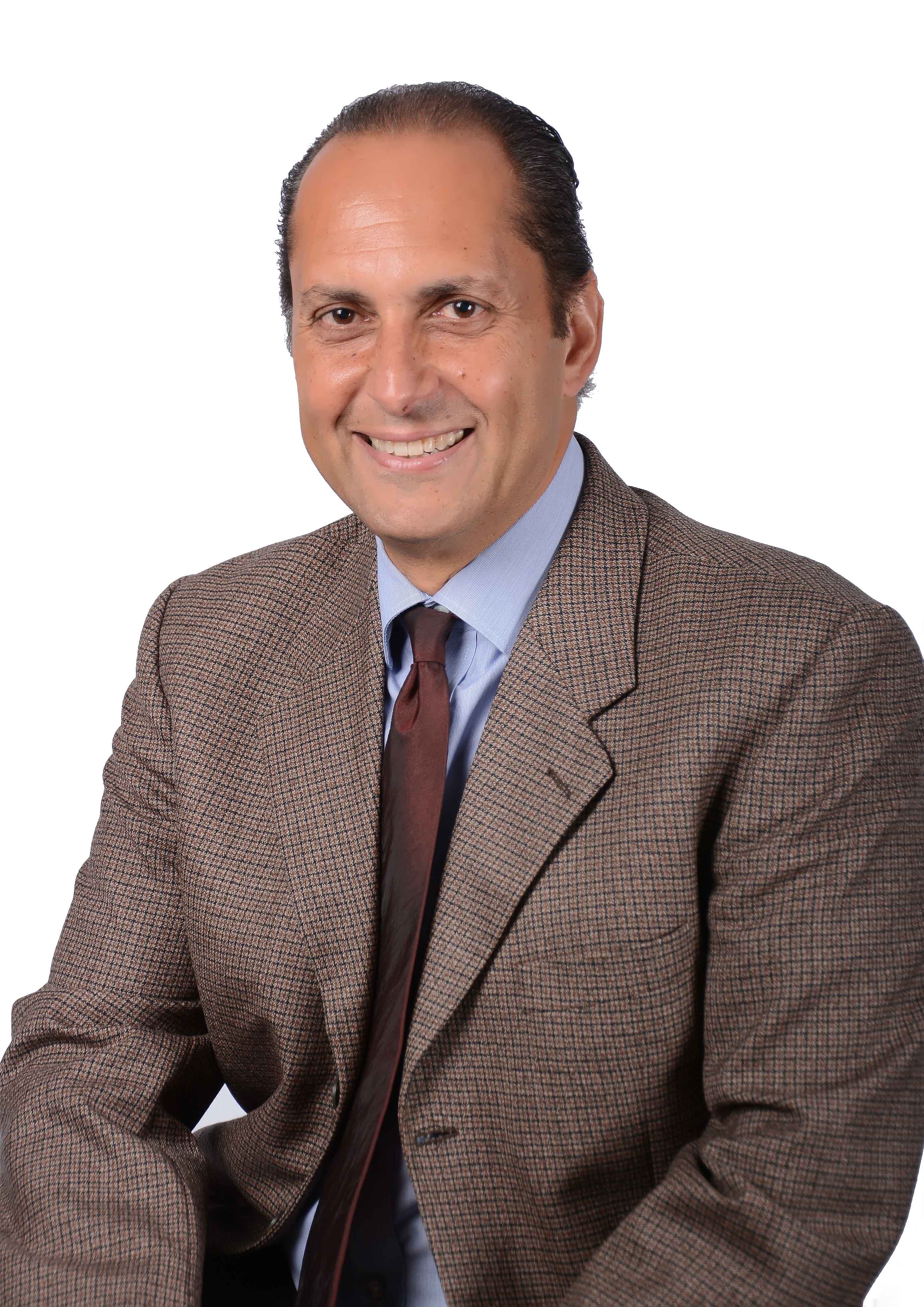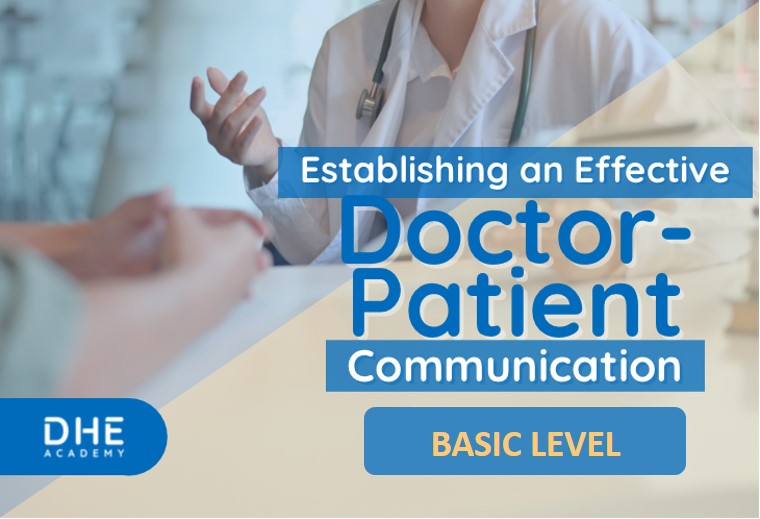Professor Hatem Eleishi
Choosing your specaity after graduation in medical school
دورة اختيار التخصص المناسب بعد التخرج في كلية الطب تتناول الإختيارات الاساسية المتاحة للأطباء وهي ثلاثة:
الإختيار الأول: العمل كطبيب ممارس لمهنة الطب الإكلينيكي (كلينشيان): هذا هو الجزء الأكبر من الدورة ونناقش هنا متطلبات مهنة الطب الإلكينيكي وانواع مجالات الطبي الإكلينيكي الخمسة والتخصصات المختلفة داخل كل مجال منهم والعوامل والطرق التي يحتاج إليها الطبيب لتحديد او لإختيار أنسب تخصص له من بينها
الإختيار الثاني: العمل كطبيب ولكن غير ممارس لمهنة الطب الإكلينيكي والمجالات هنا كثيرة ومنها التخصصات الطبية الأكاديمية والتعليم الطبي وادارة المستشفيات والتأمين الطبي وغيرها.
الإختيار الثالث: ترك مجال الطب والعمل في مجالات أخرى ليس لها أي علاقة بدراسة الطب. على الرغم من قلة عدة الأطباء الذين يختارون هذا الإختيار إلا أنه يحدث طبعا ولذا وجب مناقشته ايضا بالتفصيل.
هذه الدورة بجميع مواضيعها مغطاة بالكامل في دورة "التخطيط للمستقبل بعد التخرج في كلية الطب بمصر". الفرق ان هذه الدورة لا توجه رسالتها للطبيب المصري فقط ولكن لأي خريج كلية طب في اي بلد.
Skills You Will Gain
التعرف على المجالات المتاحة بعد التخرج سواء الطبية الاكلينيكية أو الطبية الغير الكينيكية او حتى الغير طبية
كيفية التأكد مسبقا من أننا سنكون أطباء إكلينيكيين ناجحين أم لا
التعرف على اساسيات التخطيط للمستقبل وكيفية تطبيقها على نموذج حياتنا نحن بالذات وليس حياة أي شخص آخر
التعرف على مداخل دراسة وتحليل شخصياتنا حيث ان هذه الخطوة تلعب دور كبير في ضمان اختيار ما ينسابنا فعلا في عمل اختيارات كثيرة لا تقتصر على مجال العمل فقط
Who Should Attend
طلبة كليات الطب المتحدثين بالعربية
الاطباء المتخرجين من كليات الطب المتحدثين بالعربية
1. AM I MADE TO BE A CLINICIAN?
When doctors started to study medicine after they had finished high school, each of them had only one vision for what they will be doing after they graduate from medical school. That was to be a clinician in the end. However, you need to make sure that your psychological make up and readiness actually matches with the job of being a clinician. Not all those who studied medicine were actually made to be clinicians.
2. THE IDEAL CLINICIAN RECIPE
If doctors realize they have the one basic requisite needed to work as clinicians as explained in the video "Am I made to be clinician", they now need to get familiar with the complete list of requisites for working as clinicians and to approve the list to make sure that working as clinicians really is the best choice for them. If not, they can choose another career from among a long list of specialties that are related to their medical education but that are not clinical jobs at the same time.
3. THE FIVE CATEGORIES OF MEDICAL SPECIALTIES
Many fresh graduates consider the clinical specialties to be either internal medicine or surgery with the subspecialties of each. This is not true. There are five categories of clinical specialties and each of them requires a specific personality and psychological makeup.
4. THE MOST CRITICAL CLINICAL SPECIALTIES. Data You Need to Know
This video is about important facts about the most critical clinical medical specialties, the intensive care and the emergency medicine specialties. Many doctors who pursue those two specialties have misconceptions concerning the nature of the job. We do not refer here to the physical requirements of having to spend so many hours working. We refer to the mental and creativity characteristics of the doctor who will choose those two jobs.
5. CHOOSING YOUR RIGHT CLINICAL MEDICAL SPECIALTY
Once you have decided on the big category of clinical medical specialty for your future career, the next step is to fine tune this choice to a specific specialty from among the menu of specialties available in that big category. This video is about factors 1 to 4 of the 8 factors for fine tuning your choice.
6. NOT PRACTICING A CLINICAL MEDICAL JOB
In spite of the fact that when almost all medical students started the study of medicine with the intention of becoming clinicians in the end, it is a fact that only some of them will work as clinicians and some will start non clinical jobs. The most important thing here is that every doctor discovers for him/herself which pathway is more suitable and will be more successful for them.
7. TEN NON-CLINICAL BUT STILL MEDICAL-RELATED JOBS
For doctors who decide they will not go for a clinical medical career, this video presents ten different medical but non-clinical specialties that are available for them. Notes on each time is also provided with special emphasis on new fields and specialties that have a booming future in the coming years.
8. QUITTING: NOT PRACTICING MEDICINE OR A MEDICINE-RELATED JOB
Quitting the medical career is not common given the large number of years that doctors invest in the preparation to become doctors. Nevertheless, it happens and that's why it is a topic to raise and discuss. In all cases, if you feel or discover the practice of medicine was not for you, better quit earlier than later
9. YOUR PERSONALITY: HOW IT DIRECTS YOUR FUTURE
If there is one thing that you need to study and analyze so well in order to make the best decisions for your future career and for many more big decisions in your life later on, it is your personality. Your personality is the compass that directs you in most of your decisions. This video is about personality analysis: its importance and how to do it and how it can benefit you.
WHAT MAKES HUMANS HAPPY?
Apart from individual factors and individual variations, there are kind of common universal things that apply to most humans that make humans happy in their life and others that make humans happy about their life. Those different types of factors are discussed.
FACTS ABOUT JOB SATISFACTION
Job satisfaction is about the major factors that make you motivated to work in a particular job. We call those factors intrinsic motivators. If you have an intrinsic motivator, you will likely still stick to your job and career even if you are getting less pay or are suffering of adverse work conditions. However, there is a limit to adversaries you might face.
THE 5-YEARS & THE 50-YEARS STATIONS
This video is about the critical station of graduation from medical school and how it compares to the earlier station of ending high school and choosing the college. If choosing college was about the next 5 years of your life, choosing your career is about the next 50 years of your life. It is more important here to really make the decisions that are right for you and to know the basis of making those right decisions.









